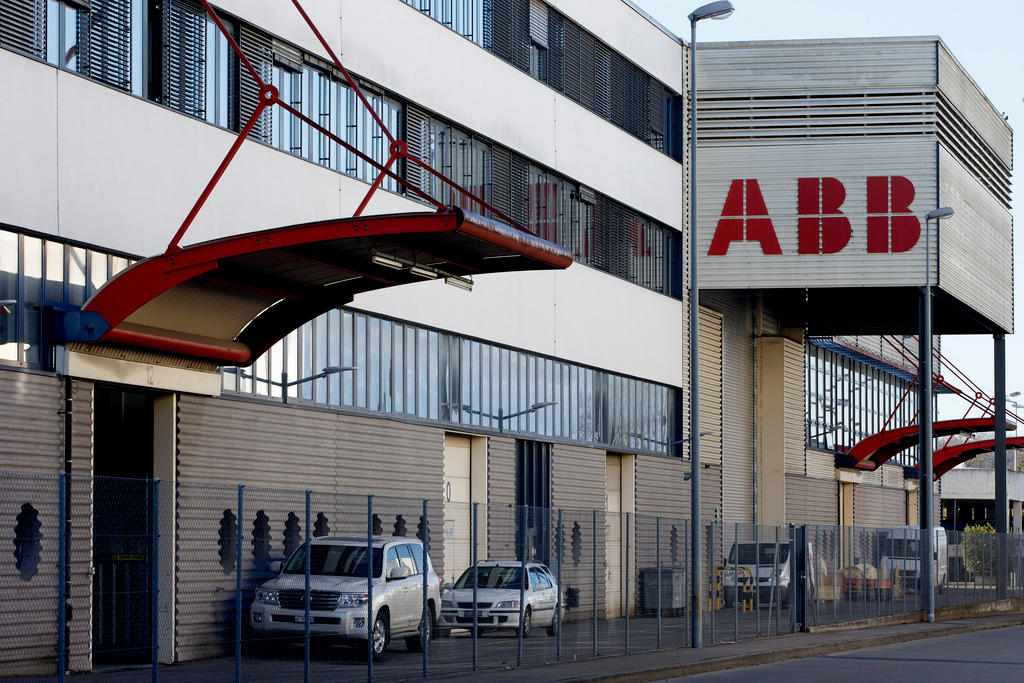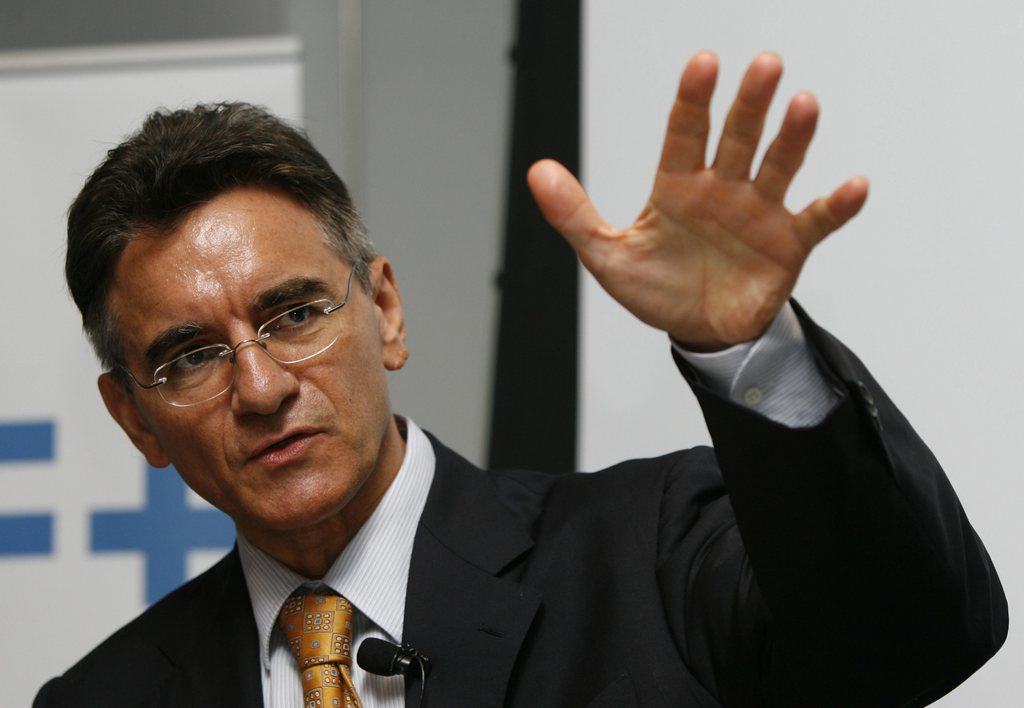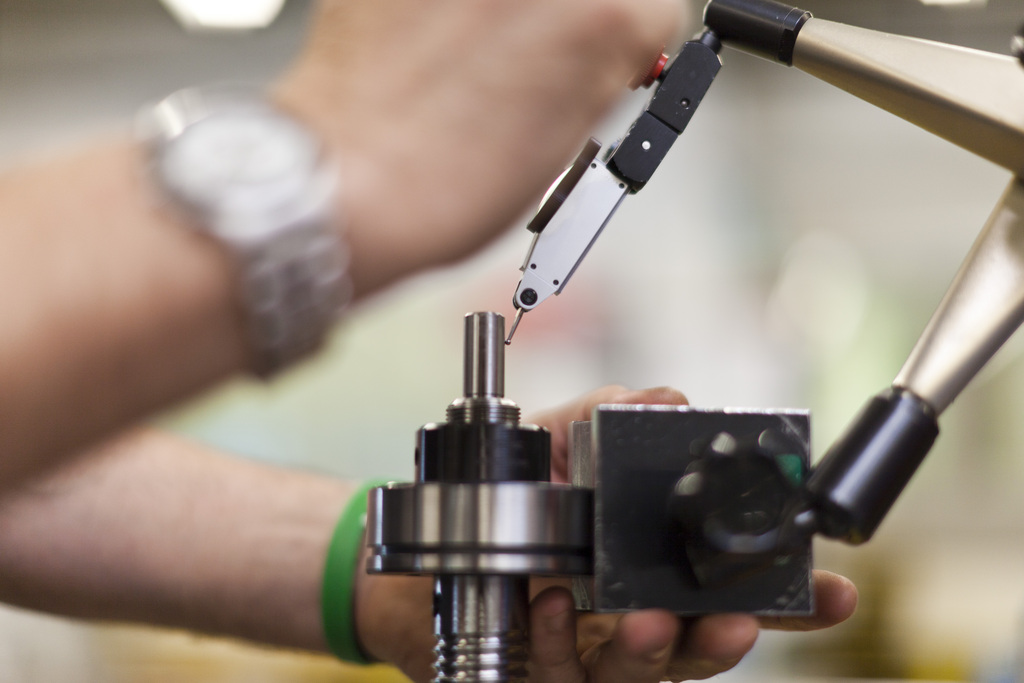Swiss industries announce series of offshoring moves

The ABB electronics group announced on Monday the offshoring of up to 150 positions from its Geneva production centre, while Roche is cutting 235 people in canton Aargau. Employees and trade unions reacted angrily.
Rumoured to be in the works for some weeks, the Zurich-headquartered ABB group announced on Monday that it would be relocating positions from its Geneva plant to a site in Lodz, Poland, threatening the jobs of 100 permanent and 43 temporary staff.
ABB, which manufactures transformers for rail transport, citedExternal link a drive for “optimisation” and “consolidation”. It will concentrate transformer production in Lodz while maintaining the Geneva site as a centre of excellence and innovation, it said.
A source close to the decision, speaking to Swiss news agency, ATS, said that “the rail market is in a difficult situation because of Chinese competition.” Several mergers of key players in the European market has also put “pressure on prices,” it said.
Vincent Brungard, spokesman for the employee action committee, criticised the action as a “pillaging” of local know-how and skills. “Of course, there are sometimes restructuring plans,” he said. “But this, this is delocalisation.”
For its part, the Syna trade union criticised a decision “which must be stopped”. It will aim to continue dialogue with company heads in Zurich during the three-week consultation period that will now follow.
Outsourcing trend
Also in Switzerland Wednesday, the Roche pharmaceutical group announced 235 job cuts at its site in Canton Aargau. In another case of outsourcing, it announced that the packaging of the medical products will henceforth be done at the sites of production in Spain and Italy.
The Aargau production site, which employs over 3,000 people, will continue to operate. UNIA, the trade union, called for “complete transparency” in the processing and communication of the cuts.
The announcements come as part of a trend of outsourcing from Switzerland to cheaper areas of the eurozone, notably Poland, as outlined in an Ernst and Young report earlier this year. The strong Swiss franc and associated high operating costs are the key drivers.
swissinfo.ch and agencies/dos

In compliance with the JTI standards
More: SWI swissinfo.ch certified by the Journalism Trust Initiative











You can find an overview of ongoing debates with our journalists here . Please join us!
If you want to start a conversation about a topic raised in this article or want to report factual errors, email us at english@swissinfo.ch.